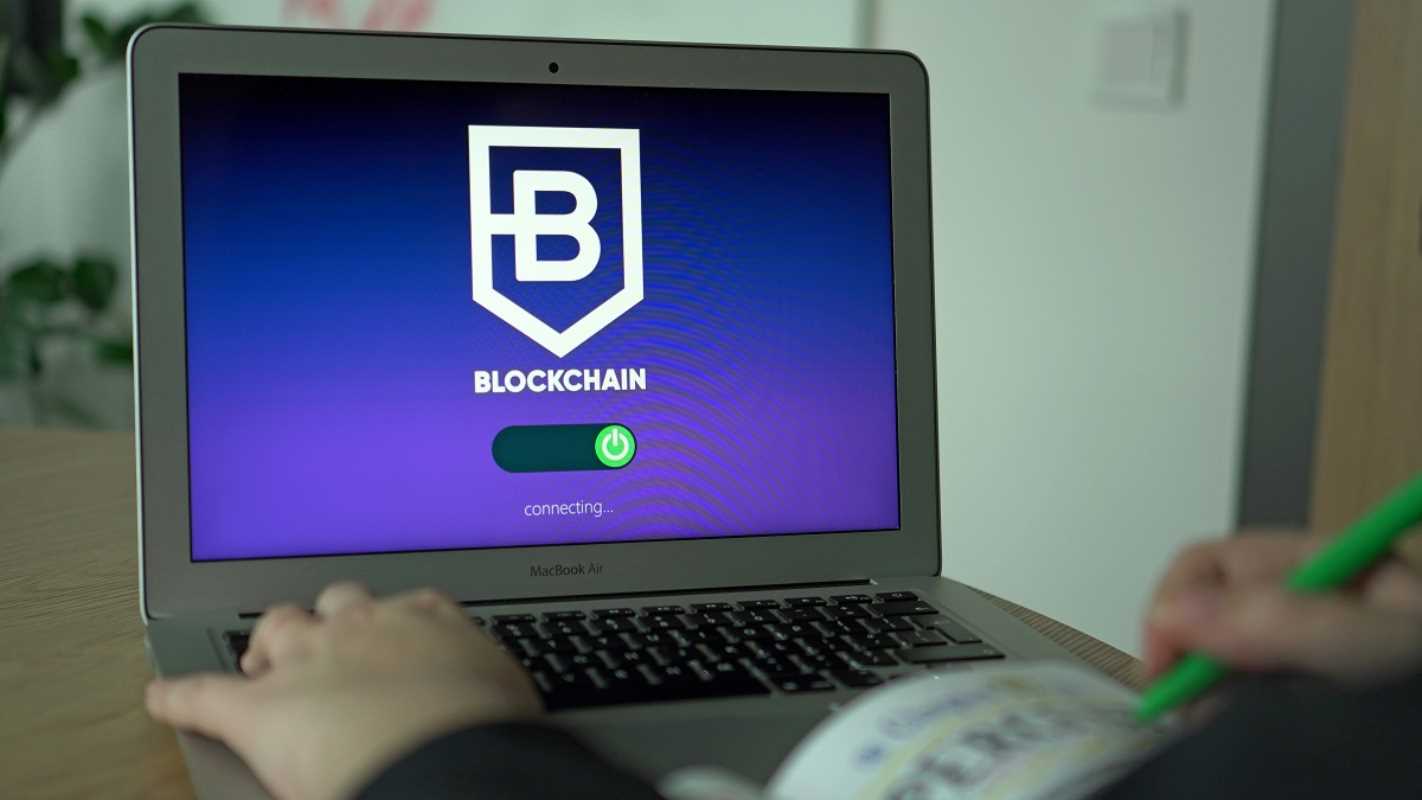For entrepreneurs, staying ahead of the curve requires a commitment to continuous learning. Traditional four-year degrees were once considered the gold standard for acquiring knowledge, but the modern landscape of education is rapidly shifting. Micro-credentials and lifelong learning have emerged as game-changing alternatives, offering flexible, targeted, and cost-effective ways for entrepreneurs to develop skills that matter most to their businesses.
From mastering a specific tool to understanding complex business strategies, micro-credentials and lifelong learning programs present opportunities that are both practical and innovative. This post dives into how these educational trends are reshaping higher education for entrepreneurs. We’ll uncover the benefits, explore popular learning platforms, and provide actionable tips for integrating lifelong learning into your entrepreneurial life.
What Are Micro-Credentials?
Micro-credentials are bite-sized, specialized certifications that focus on specific skills or knowledge areas. Unlike traditional degrees, which typically cover broader subjects over several years, micro-credentials allow professionals to hone in on targeted competencies in a shorter timeframe.
Key Features of Micro-Credentials:
- Focused Learning: Tailored to a specific skill, such as digital marketing analytics, financial modeling, or leadership.
- Short Timeframes: Can often be completed in weeks or even days.
- Stackable Options: Many micro-credentials are designed to build on each other, creating pathways toward more comprehensive certifications or degrees.
Example Programs:
- Google Career Certificates: Focused on areas like IT support and data analytics, these certifications are designed for quick, job-ready credentialing.
- HubSpot Academy: Offers free certifications for entrepreneurs wanting to master inbound marketing, content strategy, and CRM usage.
These programs are often delivered online, making them especially appealing to busy entrepreneurs juggling business and personal responsibilities.
The Rise of Lifelong Learning in Entrepreneurship
Lifelong learning emphasizes continuous, voluntary, and self-motivated pursuit of knowledge throughout life. For entrepreneurs, this approach is particularly valuable as it allows them to adapt to evolving markets, technologies, and consumer behaviors.
Why Lifelong Learning Matters:
- Stay Competitive: Industries evolve quickly, and the skills you honed five years ago may already be outdated. Lifelong learning keeps you relevant in the marketplace.
- Identify Growth Opportunities: Continuous learning inspires innovation by exposing you to new methodologies, technologies, and business theories.
- Foster Agility: Entrepreneurs face challenges that can arise unexpectedly. Lifelong learning ensures you're equipped to pivot and make informed decisions when market trends shift.
Real-World Example:
Elon Musk is a staunch advocate of lifelong learning. Known for his incredible range of expertise—from rocket science to AI development and manufacturing—Musk famously dedicates time to reading and acquiring new knowledge to fuel innovation within his companies.
The Intersection of Micro-Credentials and Lifelong Learning
Micro-credentials complement lifelong learning by offering structured learning tracks that can be integrated into self-directed educational strategies. For example, an entrepreneur might pursue a series of micro-credentials in digital marketing before branching out into finance and leadership.
Benefits of Micro-Credentials and Lifelong Learning for Entrepreneurs
1. Affordability
Micro-credentials and ongoing education are typically far less expensive than traditional degree programs.
- Cost Comparison: An MBA from a top university can cost upwards of $100,000, while a micro-credential in financial modeling or business analytics might cost $200-$2,000.
- Free and Subsidized Options: Platforms like Coursera and edX often partner with universities to offer free courses, making learning even more accessible.
Affordable education removes barriers for entrepreneurs who are bootstrapping their ventures and don’t have the luxury of hefty tuition fees.
2. Flexibility
Entrepreneurs often work irregular schedules. Micro-credentials and lifelong learning programs allow for asynchronous learning, meaning you can complete coursework around your commitments.
Example Platforms:
- LinkedIn Learning: Short-format video lessons paired with quizzes make it easy to fit training into a busy day.
- Skillshare: Offers creative and business-focused courses that are often project-based, ideal for learning as you go.
This flexibility means you can learn wherever and whenever business needs or personal goals demand it.
3. Real-World Relevance
Traditional degrees often fail to keep pace with the rapidly changing demands of the business world. Micro-credentials, however, are designed with input from leading companies and industry professionals, ensuring you're learning highly relevant, immediately applicable material.
For example:
- A small-business owner aiming to scale operations can complete a micro-credential on supply chain logistics from MITx, learning strategies that directly impact performance.
- A fintech entrepreneur trying to integrate blockchain technology could opt for a Blockchain Developer Nanodegree from Udacity.
4. Enhanced Credibility
Adding micro-credentials to your resume or LinkedIn profile signals that you're committed to professional development. It also demonstrates expertise in specialized areas, which can add trust for potential investors, partners, or clients.
Case Study:
An entrepreneur running a digital marketing firm might complete a "Facebook Ads Expert" micro-credential from a recognized provider. Not only does this raise the profile of their business services, but it also reassures clients of their technical competence.
5. Networking Potential
Many lifelong learning and micro-credential platforms incorporate opportunities for connection through forums, group projects, or mentorship programs. Entrepreneurs can expand their professional networks while learning, often forming valuable partnerships or discovering mentors along the way.
Networking Tip: Seek out programs with community-based components. For example, Harvard’s Online Business Analytics Program includes cohort-based learning, facilitating collaboration with other ambitious professionals.
Popular Platforms and Institutions for Micro-Credentials
If you're ready to take advantage of micro-credentials and lifelong learning, here are some of the most prominent providers catering specifically to entrepreneurs:
1. Coursera
Coursera partners with top universities, offering programs like the “Entrepreneurship Specialization” from Wharton or Stanford’s “Technology Entrepreneurship” courses.
2. edX
From MIT to Berkeley, edX delivers industry-relevant micro-courses in areas like leadership, financial literacy, and tech innovation.
3. Google and IBM
Major tech companies like Google offer certifications in areas like analytics and UX design. These programs are respected by employers and tailored to modern challenges.
4. Professional Institutions
- Project Management Institute (PMI): Specialized certifications help entrepreneurs excel in project management.
- Chartered Financial Analyst (CFA): Relevant micro-courses prepare professionals for specific finance-sector needs.
These platforms democratize higher education, removing the exclusivity that often defines traditional degrees.
Integrating Lifelong Learning Into a Busy Schedule
You may be convinced of the value, but how can you make lifelong learning a practical reality while running a business? Here are some tips:
1. Break It Down
Set aside 15-30 minutes daily for focused learning. This may involve watching a course video, listening to a podcast, or reading industry-related materials.
2. Apply It Immediately
Choose courses or certifications that align with your current challenges. If you're handling HR for your startup, a course on conflict resolution or inclusion could provide actionable improvements.
3. Set Milestones
Divide larger goals into smaller achievements. For example, complete one micro-credential per quarter and integrate its principles into your operations.
4. Downtime
Use commutes or breaks to digest bite-sized content via podcasts, mobile learning apps, or audiobooks.
5. Collaborate
Join an accountability group or cohort to stay motivated and expand your network while pursuing specific programs.
 (Image via
(Image via





